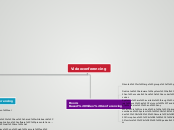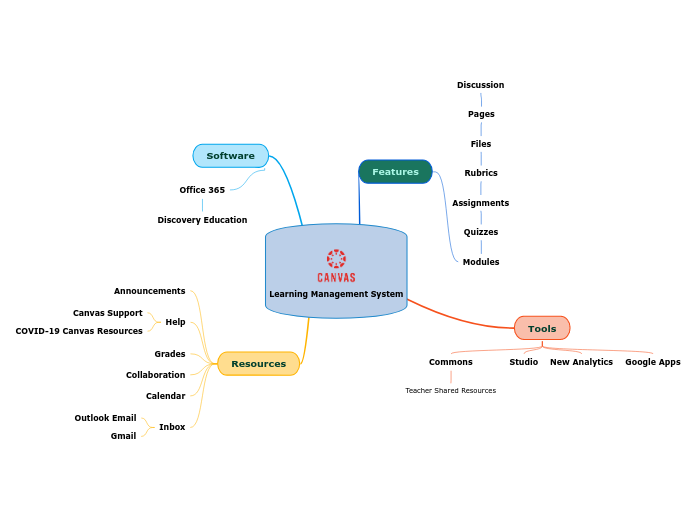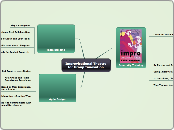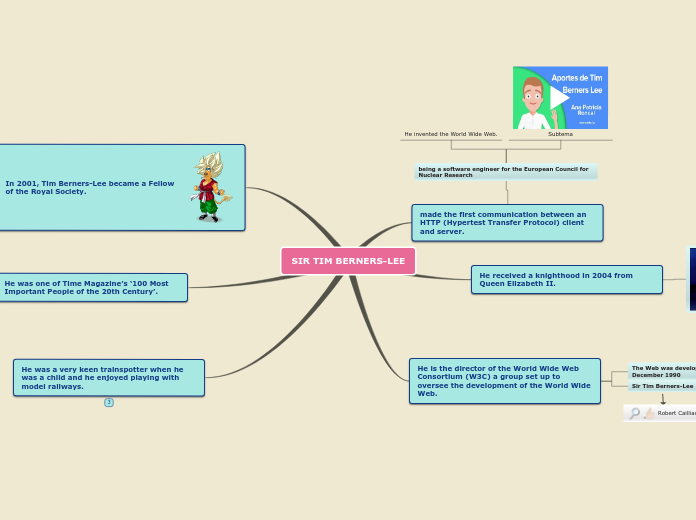by Peter Vaisanen 7 years ago
764
Videoconferencing
Video conferencing systems can be broadly categorized into personal, room-based, and webconferencing types. Personal video conferencing, typically designed for one-on-one communication, often relies on desktop computers and is OS-dependent, with limited multi-point capabilities.









